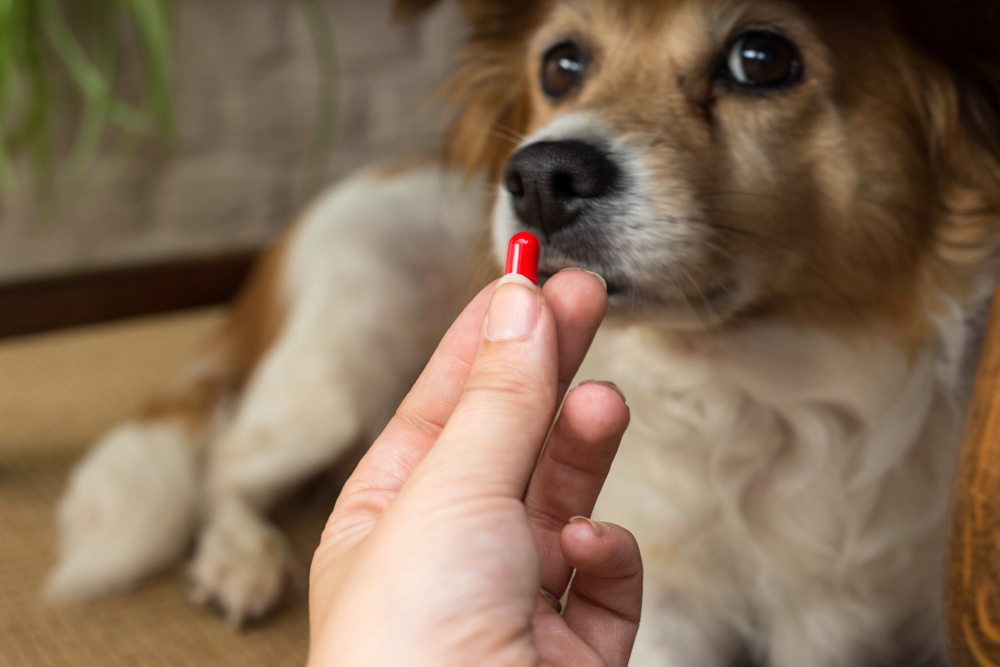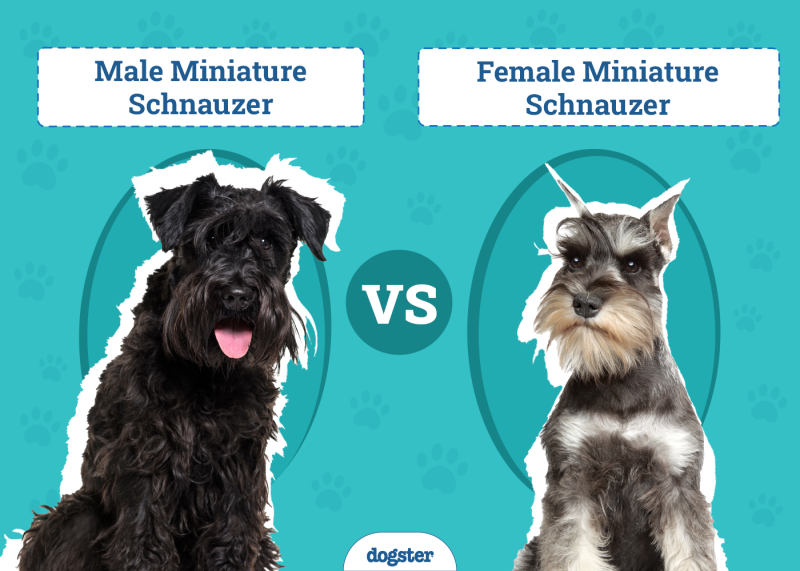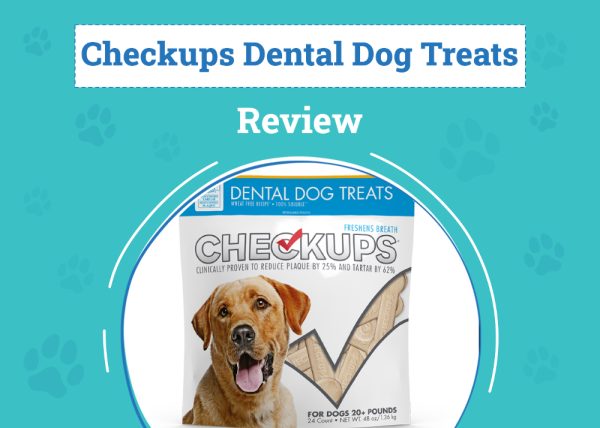Making sure your dog gets all the necessary nutrients in their diet is vital for them to live a long, healthy, and happy life. Commercial complete dog food contains an adequate amount of calcium your dog requires, and generally, there is no need to supplement a healthy dog’s diet, unless recommended and prescribed by a vet for a certain medical condition. Excessive or inappropriate supplementation, even with minerals such as calcium, may lead to undesirable and harmful adverse effects.
In this article, we take a detailed look at the indication, uses, and potential side effects of calcium carbonate supplements. Let’s get started!

What Is Calcium Carbonate?
Calcium carbonate is a chemical compound and a type of oral calcium supplement typically used to treat pets with low calcium levels. It is also used as a preservative in many pet foods, and a color-retention agent. This mineral can be manufactured and derived from a wide range of sources, including bone meal, limestone, oyster shells, and others.

When is Calcium Carbonate Supplement Necessary?
Calcium is a vital ingredient in your dog’s diet, not only for the commonly known use of strengthening and maintaining teeth and bone health but also for several other important functions. It works as a conductor of nerve signals, aids in muscle function, and acts as an intestinal phosphate binder to reduce phosphate absorption.
Most commercial dog foods are complete and balanced and contain the perfect amount of calcium that your dog needs. If your pooch is eating a balanced diet, the use of supplemental calcium carbonate is not necessary, and too much of this mineral may even cause potential health issues.
Uses
Calcium as a supplement is commonly prescribed to dogs with hypocalcemia, which refers to low blood calcium levels. This may be caused by various health conditions and will first require investigations from a vet into the underlying cause.
In case of a homemade diet, or in some nursing or pregnant dogs that may be at risk of low calcium, a vet can recommend a particular calcium supplement and will be able to monitor your dog’s calcium levels regularly. Never medicate your dog without a vet’s advice, as too much calcium can be harmful for their health.
If you need to speak with a vet but can't get to one, head over to PangoVet. It's our online service where you can talk to a vet online and get the personalized advice you need for your pet — all at an affordable price!

Calcium Carbonate Potential Side Effects
While calcium carbonate is generally safe at the recommended amounts and when prescribed by a vet to treat low calcium, there are potential side effects to be aware of, especially if the supplement is administered excessively or inappropriately. Veterinary supplements in the U.S.A. are generally not regulated by the FDA, which means they may not contain all the ingredients listed on the label, or at the advertised amount.
It’s important to always consult with a vet if you think your dog would benefit from calcium or any other supplement, and they will direct you towards a reputable product and prescribe an adequate dose for your pooch’s condition.
Although rare, calcium carbonate supplements may cause adverse effects in some dogs, and this is usually constipation when used at the prescribed doses. However, if a dog would ingest a large amount of the supplement, or if the calcium supplement is combined with vitamin D3, other more severe signs may develop, particularly if the supplement was given over some time.
These side effects may include
- vomiting
- diarrhea
- constipation
- abnormalities in bone development
- deposition of calcium in tissues and organs
- formation of bladder stones
- weakness
- lack of appetite
- changes in drinking and peeing
- and more
Too much calcium can also reduce the absorption of other minerals, like iron and magnesium, which can then snowball into a host of other health issues.
If your dog ingested more calcium supplements than their prescribed dose, or the supplement also contains vitamin D3, which increases the absorption of calcium from the digestive tract, please consult with a vet or the Poisons Helpline immediately, so they can advise you if the amount is concerning and if your dog will require treatment.
Calcium supplementation should only be used in pets with low blood calcium diagnosed by a vet, or there is a serious risk of developing side effects. Never give your dog additional calcium unless prescribed by a vet. Dogs suffering from heart or kidney disease, and dogs on certain medications, are at higher risk of side effects, and they should be assessed by a vet, before any supplements are given.

What Are the Signs of Calcium Deficiency in Dogs?
On the other hand, if your dog has low blood calcium levels due to an underlying health issue, there are several signs associated with this, which together with blood testing will guide a vet towards a diagnosis.
Hypocalcemia or calcium deficiency in dogs occurs when the calcium levels in their blood are lower than normal, which can have a significant impact on your dog’s health and behavior. Common signs of calcium deficiency include:
- Muscle twitching and spasms
- Fever
- Loss of appetite
- Weakness
- Listlessness
- Panting
- Behavioral changes
- Stiffness
- Facial irritation and rubbing
- Loss of coordination
- Seizures
If you notice any of these signs, it’s vital to get your dog to a vet right away. They will run tests to check if your dog is calcium deficient and what the cause is.

Conclusion
An essential mineral in your dog’s diet, calcium aids in bone and teeth development and health, aids muscle functioning, conduction of nerve signals and much more. Without enough calcium, your pooch can suffer from fairly serious health issues, but too much additional calcium carbonate can also cause problems and result in the negation of the effects of other vital minerals.
Your dog should be getting all the calcium that they require from a balanced diet, although there are rare cases where supplemental calcium is needed. In this case, a visit to the vet is best because you should never add calcium to your dog’s diet without consulting them first.
- You might also be interested: Can Dogs Have Tums? The Surprising Answer!
Featured Image Credit: Sulit.photos, Shutterstock























